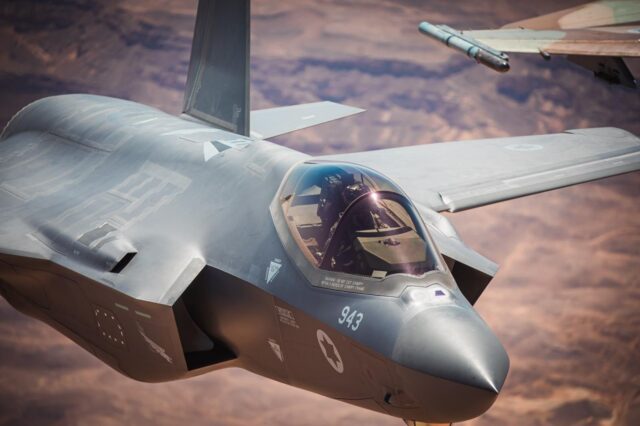Marshall Land Systems brings sustainable power to the battlefield
Marshall Land Systems has unveiled its now solar power systems and smart grid technologies at DSEI 2023 that provide environmentally sustainable solutions for both military operations and…

Marshall Land Systems has unveiled its now solar power systems and smart grid technologies at DSEI 2023 that provide environmentally sustainable solutions for both military operations and exercises.
The solar power systems offer power independence and redundancy and is now available on Marshall’s standardised 20ft container, combining a 2.5 kW array with a 200 Ah battery management system.
The solution provides up to 3.5 hours of power for HVAC, lighting and power outlet subsystems on a full charge. The battery system can be turbo-charged from the grid or a generator, contributing to multi spectral camouflage through silent operation when discharging.
“Power independence and redundancy are critical capabilities in the modern military and security environment” said Marshall Land Systems managing director Gary Moynehan.
“As we take the operational lessons into our programme of spiral development across our technology roadmap, we are further enhancing the performance and operational capability of our armed forces customers with flexible and scalable energy solutions. These need to combine traditional and new approaches to standalone power generation, as well as management products and comprehensive microgrid applications – all minimising the traditional burden of providing combat power.”
Marshall Land Systems’ smart grid system will optimise the generation, distribution and use of power across multiple containers and subsystems. This accommodates and combines multiple power sources, including grid power, diesel generators, solar arrays and stored battery power. The smart grid will be scalable, using networked control links to balance power across multiple nodes. The system will flexibly offer a choice of control options, ranging from full grid automation to user-defined management of individual containers and subsystems.
Subscribe to the FINN weekly newsletter
















